
Read or listen offline
Amazon KindleRecommendation
This thorough, scholarly study balances broad concepts with specific details of the history of finance from the 15th through 20th centuries. Though authors Jonathan Barron Baskin and Paul J. Miranti Jr. assume that the reader has some knowledge of finance and relevant terms, they avoid mathematical models and jargon in favor of plain language. Their book is accessible and valuable to lay readers as well as trained economists, historians, students of finance and anyone coping with an emerging market. The issues they examine remain surprisingly relevant, because - as they soon make clear - the problems that historical markets once confronted are the same issues of risk and information that markets face today, particularly emerging markets. As a historical study, this book presents no particular prescriptions for success or future action. However getAbstract recommends its explanation of why some structures succeeded and others failed, because those forces have clear implications today.
Summary
About the Authors
Barron Baskin was associate professor of Finance at Baruch College from 1985 until his death in 1989. Paul J. Miranti is the associate dean in the faculty of management at Rutgers University.







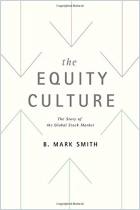
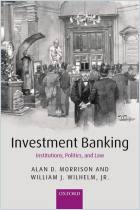
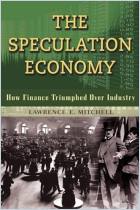
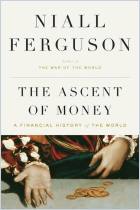
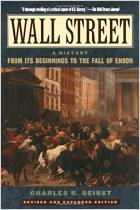
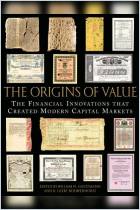





Comment on this summary or Начать обсуждение